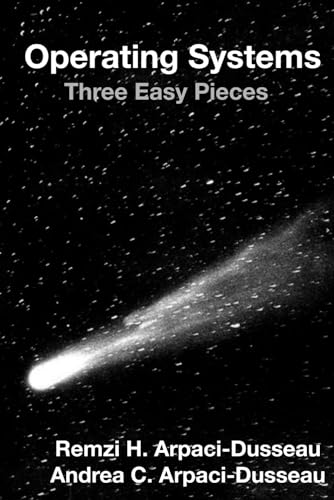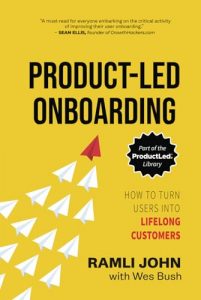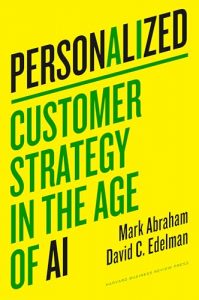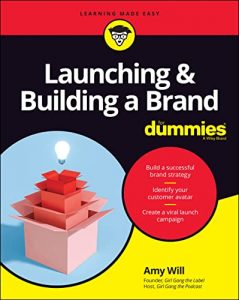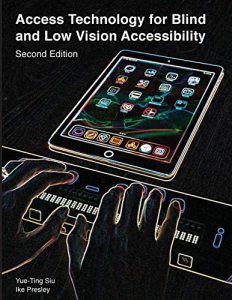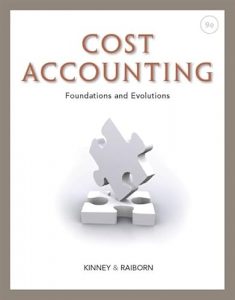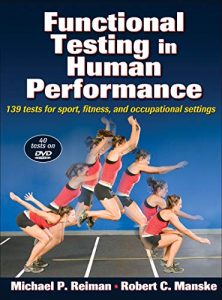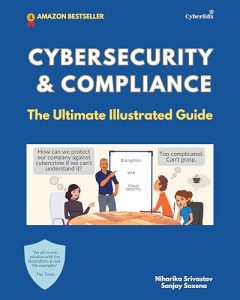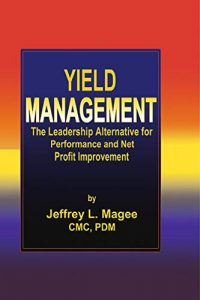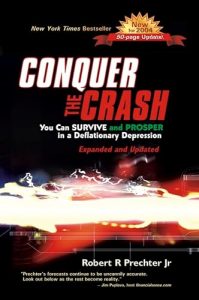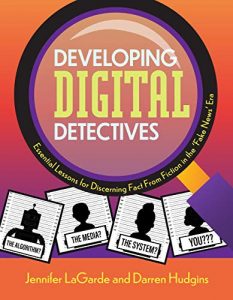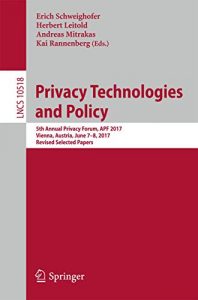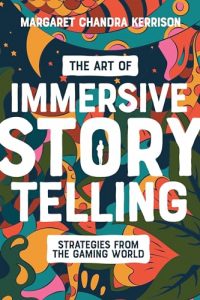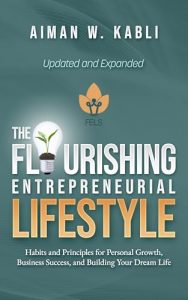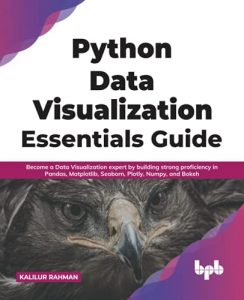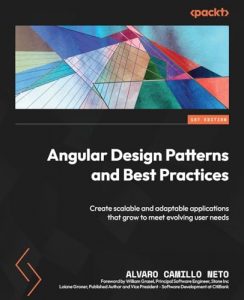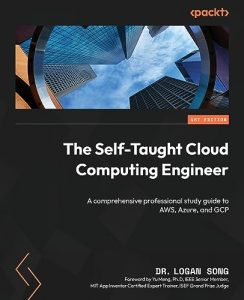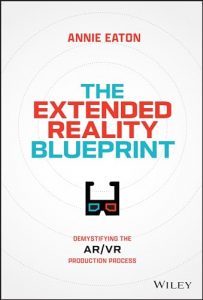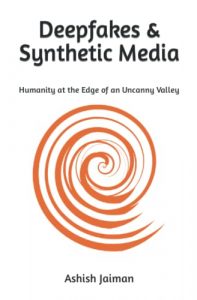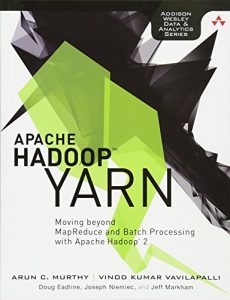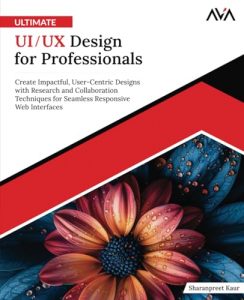1. Operating Systems: Three Easy Pieces
This book by Remzi H. Arpaci-Dusseau and Andrea C. Arpaci-Dusseau presents the complex subject of operating systems in a simplified manner that makes it accessible to everyone. It’s an excellent choice for both beginners and seasoned computer science students who seek to solidify their understanding of fundamental concepts. With clear explanations and practical examples, it breaks down essential components that make up modern operating systems, ensuring readers grasp both theory and practical application effectively.
2. Operating System Concepts
Authored by renowned academic figures Abraham Silberschatz, Peter B. Galvin, and Greg Gagne, “Operating System Concepts” is often regarded as the bible of operating systems. This book continues to evolve with every edition, incorporating new trends and technologies related to the field. Its comprehensive coverage makes it a crucial resource for students, educators, and professionals alike. The carefully curated content includes detailed illustrations and real-world examples that effectively clarify complex topics.
3. Operating Systems: Principles and Practice
Written by Thomas Anderson and Michael Dahlin, this book focuses on teaching the core principles of operating systems while also highlighting their practical applications. It offers engaging case studies and a wealth of exercises that invite readers to apply their knowledge in real-world contexts. This engaging approach is perfect for anyone looking to extend their learning beyond theoretical concepts and truly master the operational frameworks that run today’s technology.
4. Operating System Concepts (12th Edition)
This edition of “Operating System Concepts” maintains the high standards set by its predecessors. Each chapter is meticulously written and follows a structured approach that elucidates intricate operating system concepts with clarity. The textbook serves as an essential guide for students and professionals who wish to delve into the depths of operating systems, exploring everything from foundational knowledge to advanced topics. The accompanying problems and review questions help reinforce the material learned.
5. Operating Systems
This seminal text by Harvey M. Deitel, Paul J. Deitel, and David R. Choffnes offers an in-depth exploration of operating systems with an emphasis on the mechanisms that support multitasking and resource management. Its thorough explanations highlight theoretical underpinnings as well as practical skillsets necessary for thriving in the field. The rich blend of examples, exercises, and historical context makes this book a captivating read for anyone serious about mastering operating system design.
6. Modern Operating Systems, Global Edition
Andrew Tanenbaum’s “Modern Operating Systems” provides an up-to-date examination of operating system designs and concepts relevant to current technologies. It features new chapters on embedded systems, cloud computing, and security, which are crucial for today’s ever-changing technology landscape. Utilizing abundant illustrations and practical problem-solving elements, this book is perfect for advanced students and professionals seeking to update their knowledge in the realm of modern operating systems.
7. Thinking in Systems: A Primer
Donella H. Meadows, along with Tia Rider Sorensen, introduces readers to the notion of systems thinking—a critical ability needed to analyze and understand complex systems in today’s world. This book lays the groundwork for better decision-making and problem-solving, making it an essential read for those who want to foster sustainable change and personal growth. Meadows’ captivating style and insightful curricula make this an enlightening experience for novices and experts alike.
8. Operating Systems: Internals and Design Principles
William Stallings’ “Operating Systems: Internals and Design Principles” serves as a detailed guide to understanding the internal workings of operating systems. With in-depth discussions on the principles that underpin OS design, this book emphasizes both theory and practical application, making it essential for students and professionals aiming for a thorough understanding of the subject. Its well-structured layout and practical examples solidify it as a must-read for anyone serious about the field.
9. Modern Operating Systems
In this accessible and engaging guide, Andrew S. Tanenbaum addresses the principles and practices of modern operating systems. Ideal for both undergraduate and graduate students, this book combines clarity of writing with the authority of a well-respected author in the field. The practical exercises and case studies challenge readers to think critically about their applications of the knowledge gained, making this an excellent resource for anyone aiming to deepen their understanding of operating systems.
10. Modern Operating Systems (International Edition)
Tanenbaum and Herbert Bos provide yet another engaging look at operating systems in this international edition. Covering both classical and advanced topics, this book is a comprehensive resource that bridges the gap between theory and practical application. The visuals and examples facilitate deep understanding, while the diverse array of subjects—from distributed systems to security—keeps readers engaged throughout their learning journey.

